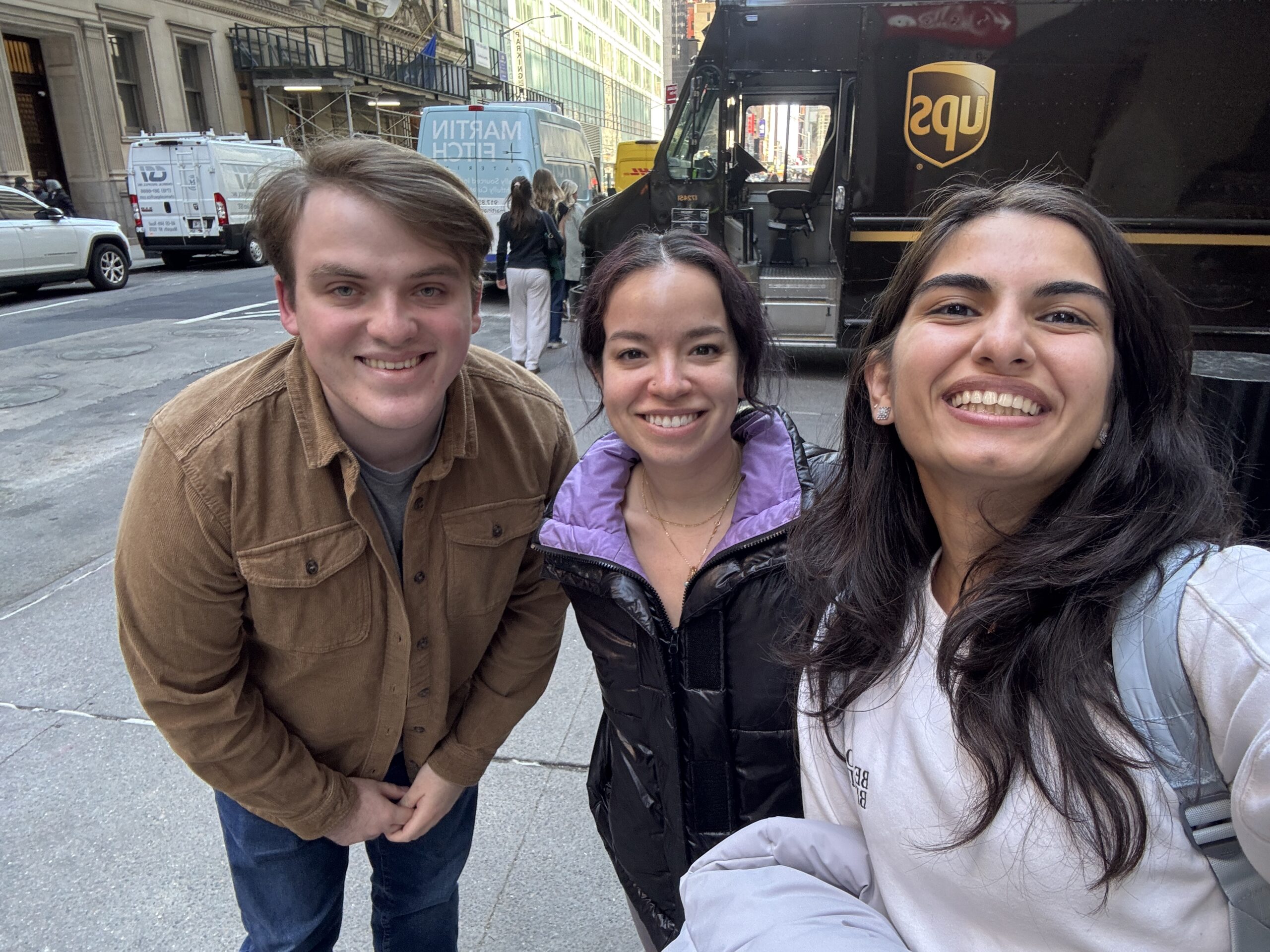Izzy Pinerua, 2025
Green Bronx Machine: Student Experiences

In the Bronx, a community confronting food apartheid, the Green Bronx Machine proves that student engagement provides a powerful tool for both academic success and local food system transformation. Founded by Stephen Ritz, this revolutionary initiative goes beyond teaching students to grow food — it empowers them to take ownership of their health, education, and community. By involving students in urban farming, they not only gain knowledge in science and nutrition but develop leadership skills, boosting confidence and fostering a sense of pride in their work.
Engaging students in meaningful, hands-on learning experiences like the Green Bronx Machine sets up students for success. Research shows that greater student investment in their education leads to better academic performance. Additionally, the program connects students to community issues, such as food insecurity, and encourages them to actively participate in finding solutions. For the Bronx, despite the presence of the largest food distribution hub on the east coast, access to healthy food remains a significant challenge. Even more, proximity to food pantries or markets does not guarantee access, as factors such as cost, availability, and lack of culturally appropriate options make healthy eating out of reach for many residents.
Bringing in learnings from Friedman courses on systems thinking and food access, lack of nutrition security in the Bronx reflects the failings of current food systems, where food is a commodity rather than a right. The Green Bronx Machine offers a solution by creating local, sustainable food systems. However, in its current state, the GBM initiative faces limitations on expansion of the grassroots program. Scaling up of student engagement initiatives like GBM requires greater funding and adoption of novel student programming. However, policy-change remains crucial to address affordability, availability, and the needs of local communities. The Green Bronx Machine shows that student engagement creates a catalyst for change. By empowering students to learn and lead in areas like plant science and food justice, GBM builds a healthier, more resilient community and paves the way for future leaders equipped to tackle pressing issues like food insecurity